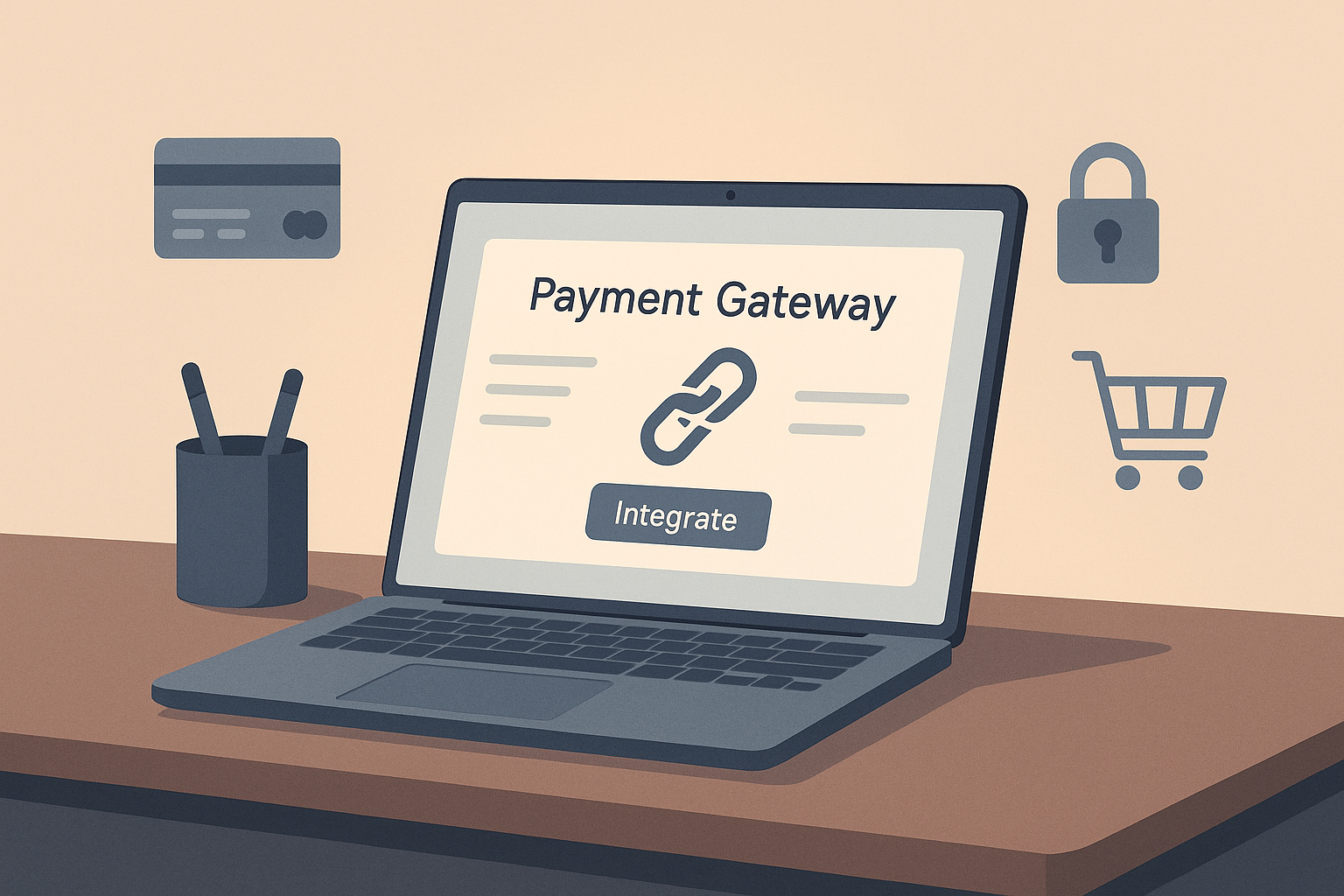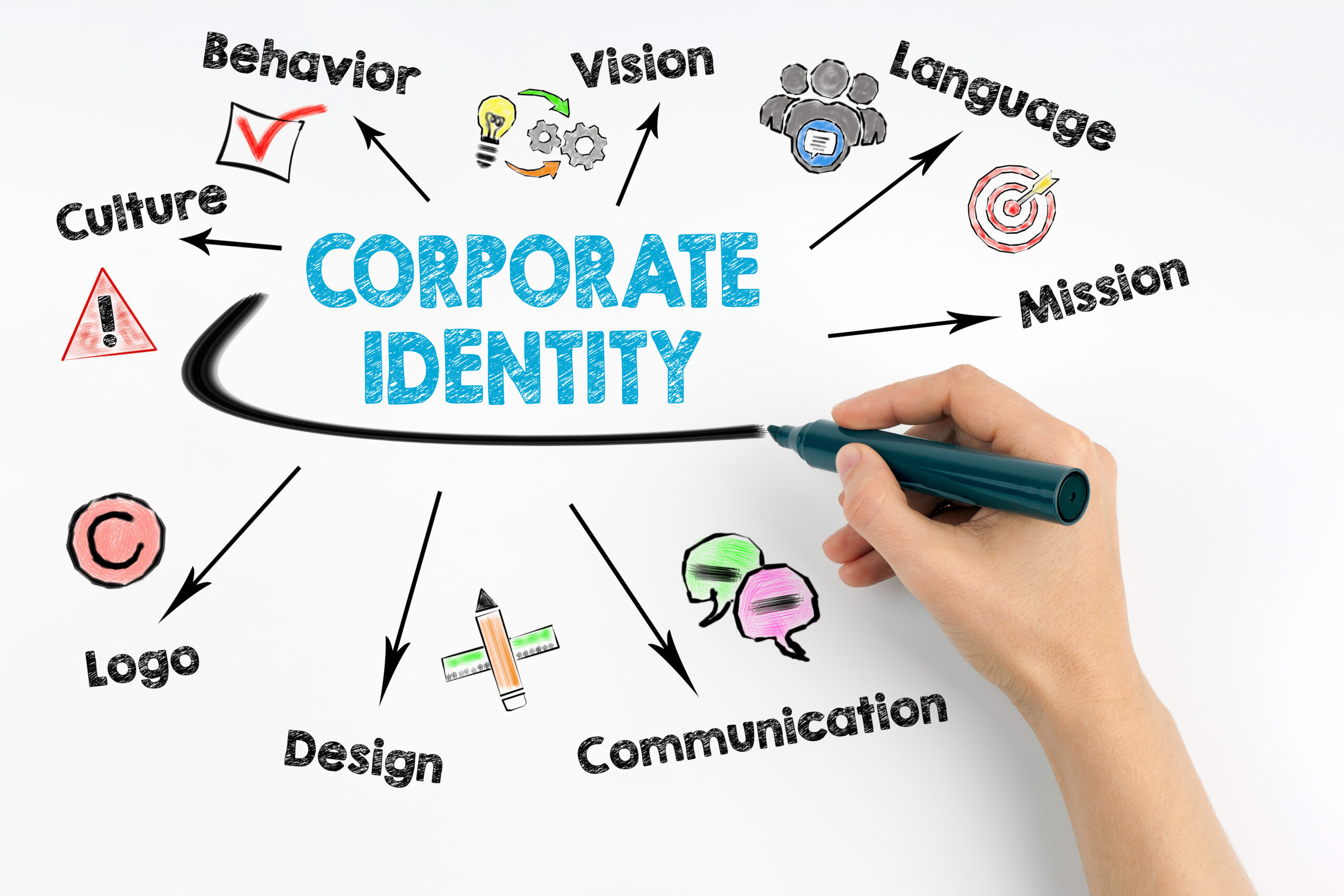Want to ensure your payment gateway works flawlessly? Here’s how to check its compatibility with your e-commerce platform in three simple steps:
- List Your Platform Details: Identify your platform version (e.g., WooCommerce 7.8), server setup, and specific payment needs like recurring billing or mobile payments.
- Review Technical Guides: Check API compatibility, integration instructions, code libraries, and support resources from the gateway provider.
- Run Test Transactions: Conduct tests for basic authorization, full transactions, error handling, and mobile functionality to ensure smooth operations.
Key Factors to Verify:
- Technical Integration: Use APIs, plugins, or SDKs for seamless setup.
- Security Standards: Confirm PCI DSS compliance, data encryption, and fraud prevention measures.
- Payment Methods: Support credit cards, ACH transfers, and digital wallets like Apple Pay.
Pro Tip: Regular system checks and updates are critical to maintaining compatibility and security. Start with these steps to avoid failed transactions and build customer trust.
What to Check Before Integration
Technical Requirements
Before moving forward, make sure your platform is technically ready for integration. Here’s how you can connect:
- API connections: Directly link to your platform’s backend for seamless communication.
- Plugin modules: Perfect for e-commerce systems, these pre-built tools simplify the process.
- SDK implementations: Use software development kits to customize and streamline the integration.
These methods ensure smooth and secure transaction handling.
Security Standards
Security is non-negotiable. Here are the key standards to confirm:
| Security Requirement | Description | How to Verify |
|---|---|---|
| PCI DSS Compliance | Follows Payment Card Industry Data Security Standards | Certification process |
| Data Encryption | Protects payment information using encryption protocols | Check SSL/TLS protocols |
| Fraud Prevention | Identifies and blocks fraudulent transactions | Use real-time monitoring tools |
Meeting these standards not only safeguards sensitive data but also strengthens consumer confidence.
Payment Types
Make sure to support these essential payment methods:
- Credit and debit cards: Includes Visa, Mastercard, American Express, and Discover.
- ACH transfers: For direct bank-to-bank payments.
- Digital wallets: Popular options like Apple Pay and Google Pay.
Covering these options ensures a smooth payment experience for users.
Payment Gateway – the 3 Main Ways To Use a Gateway …
3 Steps to Check Gateway Compatibility
Follow these three steps to ensure your payment gateway works smoothly with your e-commerce platform.
List Your Platform Details
Start by documenting your platform’s specifics:
- Note your e-commerce version (e.g., Magento 2.4.6, WooCommerce 7.8), server setup (PHP version, SSL status, database type/version), and any custom changes that might impact payment processing.
Next, outline your payment needs:
- Expected transaction volume
- Payment methods you want to support
- Recurring billing requirements
- Mobile payment functionality
Check Technical Guides
Review the gateway’s technical documentation to confirm it works with your platform:
- API Compatibility: Ensure the gateway’s API matches your platform’s requirements by checking the latest API documentation.
- Integration Guides: Follow the platform-specific setup instructions provided.
- Code Libraries: Confirm the availability of tools for your programming language.
- Support Resources: Look for articles or forums offering troubleshooting tips and platform-specific guidance.
"Secured Payments offers integrated payment solutions that provide better reliability for successful transactions."
Run Test Transactions
Once you’ve reviewed your platform details and technical guides, test the gateway’s functionality by running transactions:
| Test Type | Purpose | Key Checks |
|---|---|---|
| Basic Authorization | Confirm initial connection | Verify response codes |
| Full Transaction | Test the entire payment flow | Check processing and refunds |
| Error Handling | Simulate failure scenarios | Validate error messages |
| Mobile Compatibility | Test mobile payment options | Ensure mobile UI works well |
Start with simple tests, then move on to more complex scenarios. Pay attention to response times, error handling, and transaction success rates. Document any issues and collaborate with technical support to fix them before launching your gateway integration.
sbb-itb-8c45743
Fix Common Gateway Issues
Quick Problem Fixes
Tackle gateway problems quickly to keep everything running smoothly:
- Check API credentials and integration settings: Ensure all details are accurate and up to date.
- Update payment plugins: If transactions are delayed, outdated plugins could be the culprit.
- Submit a support ticket: For features that aren’t supported, include error codes to speed up troubleshooting.
Regular System Checks
Quick fixes are helpful, but routine maintenance is just as important. Running regular tests ensures your gateway continues to perform well. Always schedule system checks after major updates or API changes to catch potential problems early.
Secured Payments Features

Secured Payments goes beyond basic troubleshooting by offering features designed to improve gateway compatibility and streamline payment processes.
Payment Services
Secured Payments delivers a range of e-commerce solutions tailored to meet business needs. Key offerings include:
- Customized transaction management to suit unique business requirements.
- Flexible e-commerce integration for seamless platform compatibility.
- High-risk payment processing through partnerships with specialized banks.
- 24/7 technical support to address issues anytime.
"We work with you to build a flexible strategy that scales with your efforts, and goes far beyond the basic requirement of accepting payments." [1]
These tools are designed to integrate effortlessly with your current platform.
Safety Standards
Building on earlier discussions about security, Secured Payments employs advanced measures to protect transactions and ensure compliance with industry requirements. They also provide transparent, round-the-clock support and consulting to maintain proper gateway setup and ongoing functionality.
"Secured Payments offers safe, reliable and customized transactions for businesses of all sizes and industries." [1]
"We work with you to make payments less confusing, not more." [1]
Next Steps
After confirming compatibility, it’s time to create a solid payment strategy. Collaborating with Secured Payments can simplify your processes and set you up for long-term success. Here’s how to move forward effectively:
Schedule a Discovery Call:
Talk with payment experts to assess your current setup and needs. Secured Payments begins with a detailed discovery call to understand your specific requirements and craft customized solutions.
Expand Your Payment Capabilities:
Go beyond basic gateway integrations to improve reliability and efficiency:
- Integrated payment systems for consistent performance
- Multi-channel options for both in-person and online transactions
- Dedicated account management for personalized support
- Regular monitoring and updates to keep your system running smoothly
"We work with you to build a flexible strategy that scales with your efforts, and goes far beyond the basic requirement of accepting payments."
- Secured Payments
Leverage Expert Guidance:
Enhance your payment process with professional advice. Consultants can assist with:
- Reducing costs without sacrificing quality
- Improving platform functionality and boosting security
- Ensuring compliance with industry standards
"We’re big enough to deliver the best rates and service, but small enough to keep our focus on your business."
- Secured Payments
FAQs
How can I keep my payment gateway compatible with my e-commerce platform after updates?
To maintain compatibility between your payment gateway and e-commerce platform after updates, it’s essential to stay proactive. Regularly check for software updates or compatibility notes from both your platform provider and payment gateway service.
Work with a payment solution provider that offers scalable and flexible integration options to adapt to your business needs. A reliable provider can help ensure seamless performance, even as your platform evolves. Additionally, schedule periodic reviews of your payment system to address any potential issues early and avoid disruptions to transactions.
What are some common challenges with payment gateway integration, and how can they be addressed?
Integrating a payment gateway with your e-commerce platform can sometimes come with challenges, but most issues are easily resolved with proper planning and execution. Here are a few common challenges and how to address them:
-
Compatibility Issues: Ensure the payment gateway is fully compatible with your e-commerce platform. Review the platform’s documentation and confirm integration requirements before starting the process.
-
API Errors: Payment gateways often rely on APIs for integration. Double-check API keys, endpoints, and documentation to avoid connection errors. Testing in a sandbox environment can help identify and fix issues early.
-
Security Concerns: Security is critical for payment processing. Use encryption protocols like SSL/TLS and ensure PCI compliance to protect sensitive data.
By addressing these challenges proactively, you can ensure a smooth integration and provide your customers with a reliable payment experience.
Why is offering multiple payment methods important for customer satisfaction, and how does it impact your business?
Providing multiple payment methods is essential for meeting the diverse preferences of your customers. Some may prefer credit cards, while others might opt for digital wallets or in-person payments. By accommodating these choices, you create a smoother checkout experience, reducing friction and improving overall satisfaction.
A seamless payment process can also boost trust in your business, encouraging repeat purchases and fostering loyalty. Ensuring your payment gateway supports various methods helps you cater to a wider audience, ultimately contributing to increased sales and a stronger customer base.




